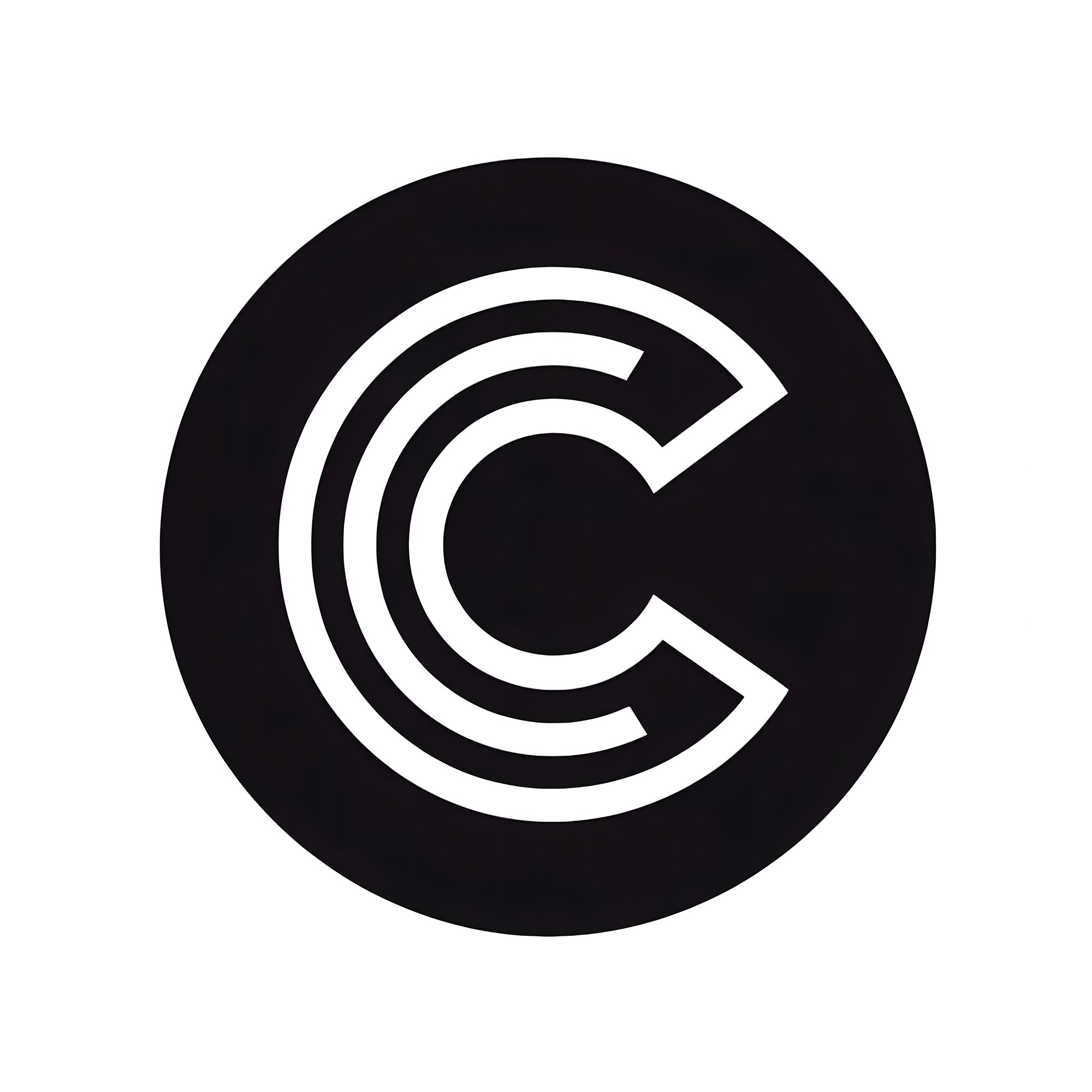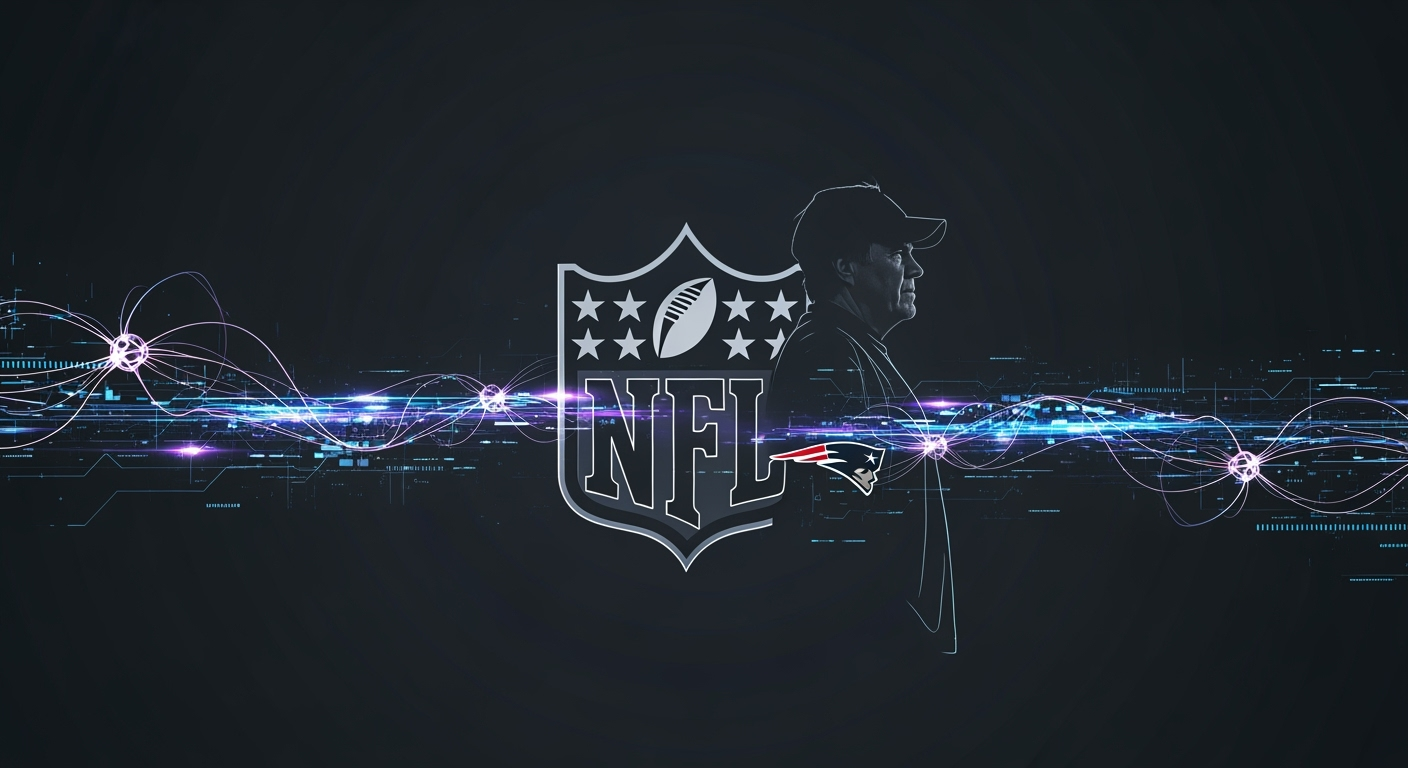AI Milestone: Gemini Masters Pokémon Blue
Gemini AI Takes on a Classic: Pokémon Blue Conquered
In a fascinating display of AI capability, Google's Gemini 2.5 Pro model has successfully completed the classic 1996 video game, Pokémon Blue. While Google CEO Sundar Pichai celebrated the achievement on X, the project itself, "Gemini Plays Pokemon," was orchestrated by an independent software engineer known as Joel Z, unaffiliated with Google but cheered on by company executives.
An Independent Effort with Google's Applause
The journey unfolded on a Twitch livestream, inspired by a similar project featuring Anthropic's Claude AI attempting Pokémon Red. Joel Z emphasized that his stream showcases Gemini's progress but shouldn't be seen as a direct benchmark against Claude, as the setups, tools, and information provided to each AI differ significantly.
Google executives, like Logan Kilpatrick (Product Lead for Google AI Studio), publicly tracked Gemini's progress, noting its advancement through the game's challenges, leading Pichai to playfully remark about developing "Artificial Pokémon Intelligence."
How AI Plays Pokémon: The "Agent Harness"
It's important to understand that Gemini didn't play Pokémon Blue autonomously in the human sense. The AI operated via an "agent harness." This system involves:
- Providing the AI with game screenshots augmented with additional relevant information.
- Allowing the AI model to analyze the situation and decide on the next action, potentially involving specialized sub-agents.
- Translating the AI's decision into actual button presses within the game.
Joel Z acknowledged that some "dev interventions" were necessary to guide Gemini, particularly to improve its general decision-making and reasoning. He clarified these were not direct hints or walkthroughs, with one exception: informing the AI about a specific game bug interaction required to progress (talking to a character twice for a key item). This highlights the collaborative aspect often involved in training and deploying complex AI agents today.
Why This Matters for AI and Business
While beating a 29-year-old video game might seem trivial, it demonstrates several key points relevant to AI progress:
- Complex Task Completion: It showcases AI's growing ability to handle complex, multi-step tasks requiring planning and adaptation within a defined environment.
- AI Agents in Action: The "agent harness" concept is a practical example of how AI models can be equipped with tools and context to interact with systems and achieve goals – a paradigm with significant potential for business process automation.
- Iterative Development: The need for interventions and the ongoing evolution of the framework underscore that developing sophisticated AI applications is often an iterative process involving human oversight and refinement.
- Competitive Landscape: The friendly rivalry between the Gemini and Claude Pokémon projects hints at the broader competitive drive pushing AI capabilities forward.
This achievement, driven by an independent developer but leveraging a powerful foundation model like Gemini, offers a glimpse into the advancing capabilities of AI agents and their potential to tackle increasingly complex challenges.
References
- TechCrunch: Google’s Gemini has beaten Pokémon Blue (with a little help)
- TechCrunch: Gemini 2.5 Pro is Google’s most expensive AI model yet
- Sundar Pichai on X
- Twitch: Gemini Plays Pokemon
- Joel Z on Bluesky
- Logan Kilpatrick on X
- Sundar Pichai (API Joke) on X
- Anthropic Research: Visible Extended Thinking
- Wikipedia: Pokémon Red, Blue, and Yellow
- Twitch: Claude Plays Pokemon
- LessWrong: Is Gemini now better than Claude at Pokemon? (Agent Harness Discussion)





